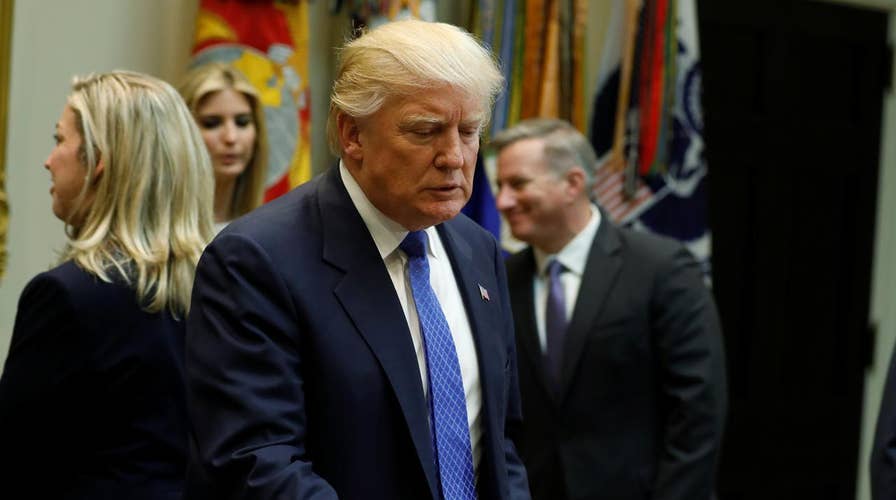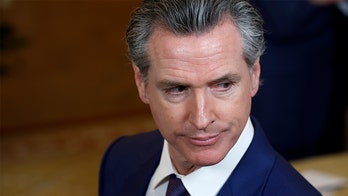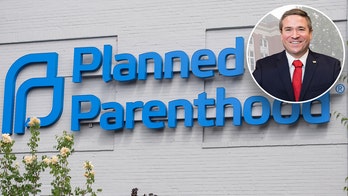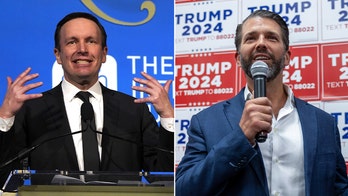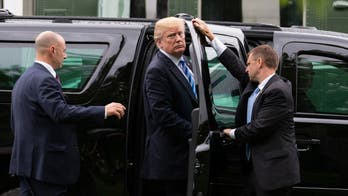Trump reveals plans to reduce regulation and reform taxes
The president met with manufacturing CEOs who like what they see on the horizon; John Roberts has the roundup for 'Special Report'
President Trump took another step Friday to roll back government red tape, signing an executive order requiring every federal agency to form a “regulatory reform task force” that would root out regulations for repeal.
A day after chief strategist Steve Bannon vowed a "deconstruction of the administrative state," Trump directed each agency's task force to evaluate existing rules and identify which ones should be modified or sent to the chopping block.
Joined in the Oval Office by business executives, Trump said "unnecessary” and “burdensome" regulations are “killing jobs” and “driving companies out of our country like never before."
Those regulations, according to the White House, will be a focus of the new task forces.
Trump said reducing the regulatory burden will “unleash economic activity.”
Trump signed the order after delivering a rousing address to party faithful at the nearby Conservative Political Action Conference. The order builds on previous directives to find two regulations to cut for every new one proposed, and to freeze pending regulations.
While the latest measure takes this a step further, stripping existing regulations could ultimately require congressional involvement.
Trump's new order calls for each task force to document and report their progress toward meeting the president’s directives.
In the first 30 days of his term, Trump has overseen a considerable slowdown in regulations, according to an analysis by The Hill. There has been a 72 percent decline in regulatory activity during the first month of the Trump administration compared with the last two months of then-President Barack Obama’s term.
Trump also has signed several bills passed by Congress aimed at specific regulations. They include a resolution to mitigate the harm done to the coal industry by the Stream Protection Rule, and another measure to eliminate a reporting regulation that Republicans argue placed American mining and energy companies and their employees at an unfair disadvantage because their foreign competitors do not have similar requirements.
According to the White House, the Obama administration finalized more than 3,000 regulations that cost American taxpayers $873 billion.
Speaking Thursday at the annual CPAC, White House Chief of Staff Reince Priebus characterized Trump’s regulatory reform efforts as a “big deal.”
Bannon echoed Priebus, saying the earlier executive action was the first step towards the "deconstruction of the administrative state."
Not everyone is on board Trump’s regulatory reform train.
On February 8, Public Citizen, the Natural Resources Defense Council and the Communications Workers of America jointly filed a lawsuit challenging the validity of the action calling for two regulations to be stripped for every one proposed.
The three liberal groups argue that complying with the executive order would force government agencies to violate the 1946 Administrative Procedures Act, the federal statute which governs the way regulations are established.
